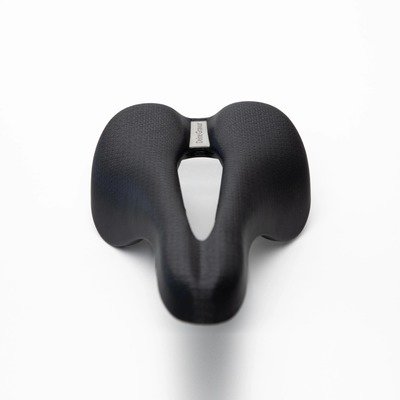Panero & Zelnik’s “Human Dimension & Interior Space” is the bible for anthropometrical design matters.
However, there’s nothing in the book’s 320 pages about butts (just hips).
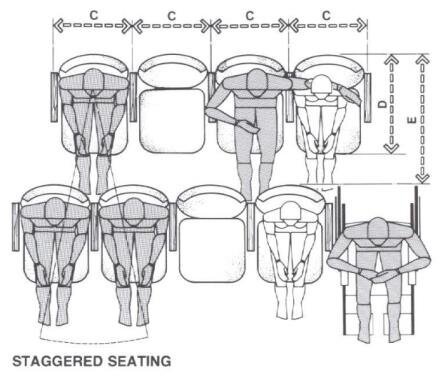
It’s possible that some design researcher will complete what Panero & Zelnik left out, a comprehensive measurement database of human asses, but technology means they won’t have to. Personomic, the German company that makes 3D-printed bicycle handlebar grips based on scans of your hands, has expanded their technology to bike seats.
“[We] know the pain and frustration that comes with ill-fitting saddles,” the company writes. “66% of cyclists have seating problems. Why should you put up with pain, pressure sores, and numbness when there is a perfect solution?”

The company promises they can print personalized bicycle saddles that fit your butt perfectly; if you deem it not a perfect fit, “we’ll replace it without any hassle—until you’re completely satisfied.”

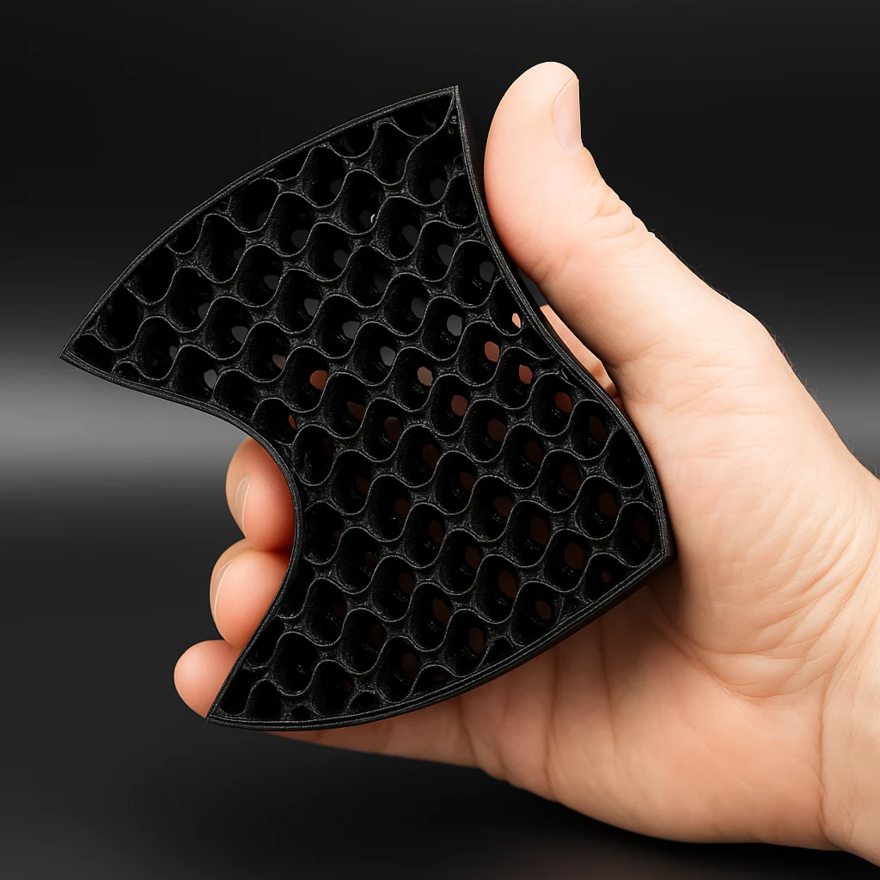
When you order one, the company sends you a questionnaire on basics like your age, weight, bike type, riding style, et cetera. Following that “you can measure your buttocks yourself using a few simple tools that everyone has at home – even the sit bone measurement can be done quickly and conveniently,” the company explains. “The results will then be evaluated by the AI. The fitting takes only about 6 minutes in total – and provides us with all the data we need to create your perfect saddle.”
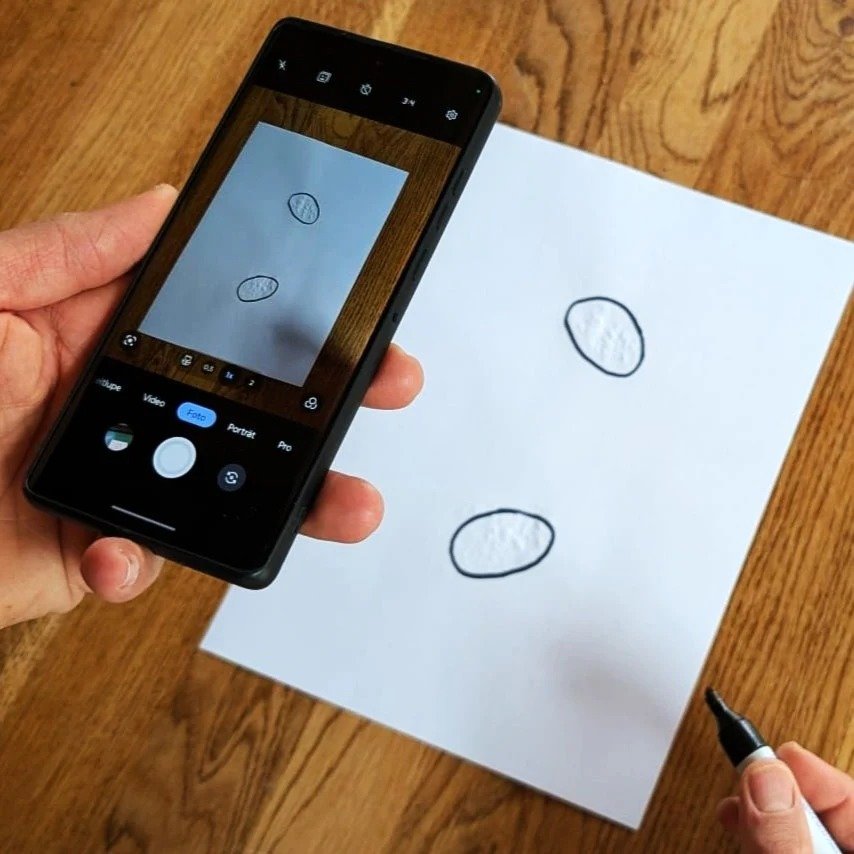
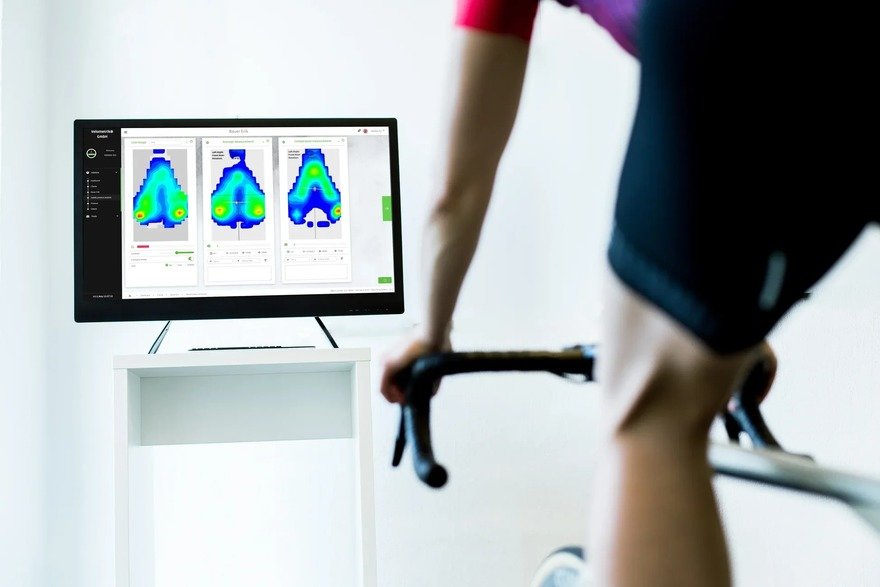
A week later, you’ll receive a perfectly-fitted saddle printed out of TPU and a carbon composite polymer structure. A stainless steel plate is laser-engraved with your name. The seat, designed to be adhesive-free, is 100% recyclable.
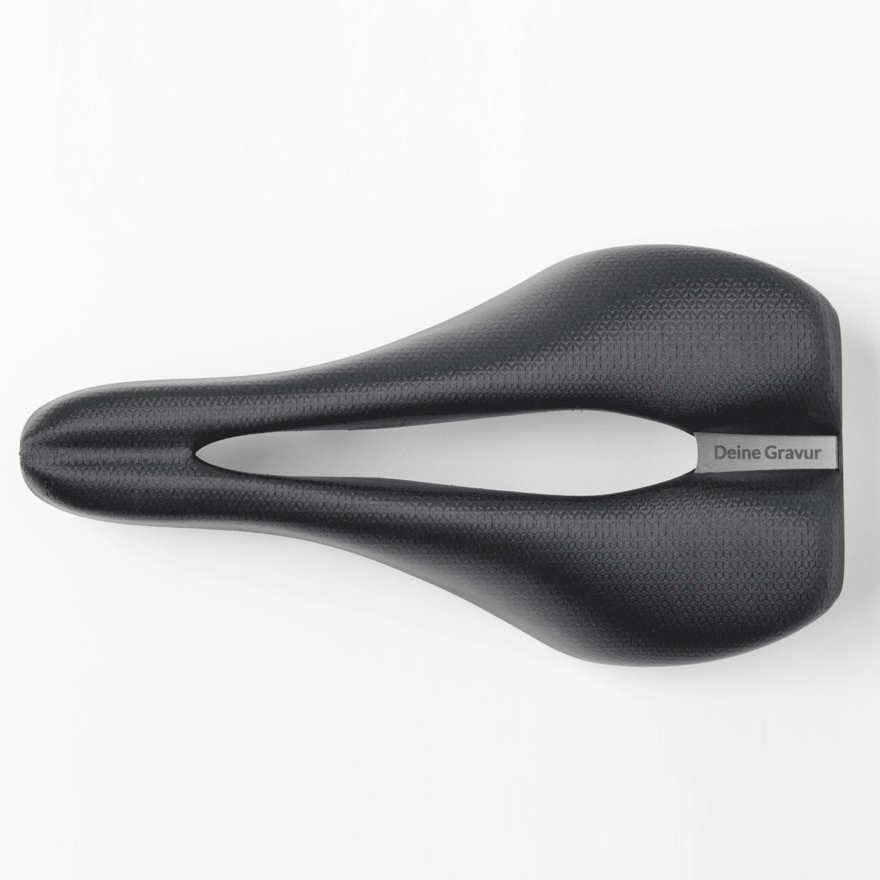
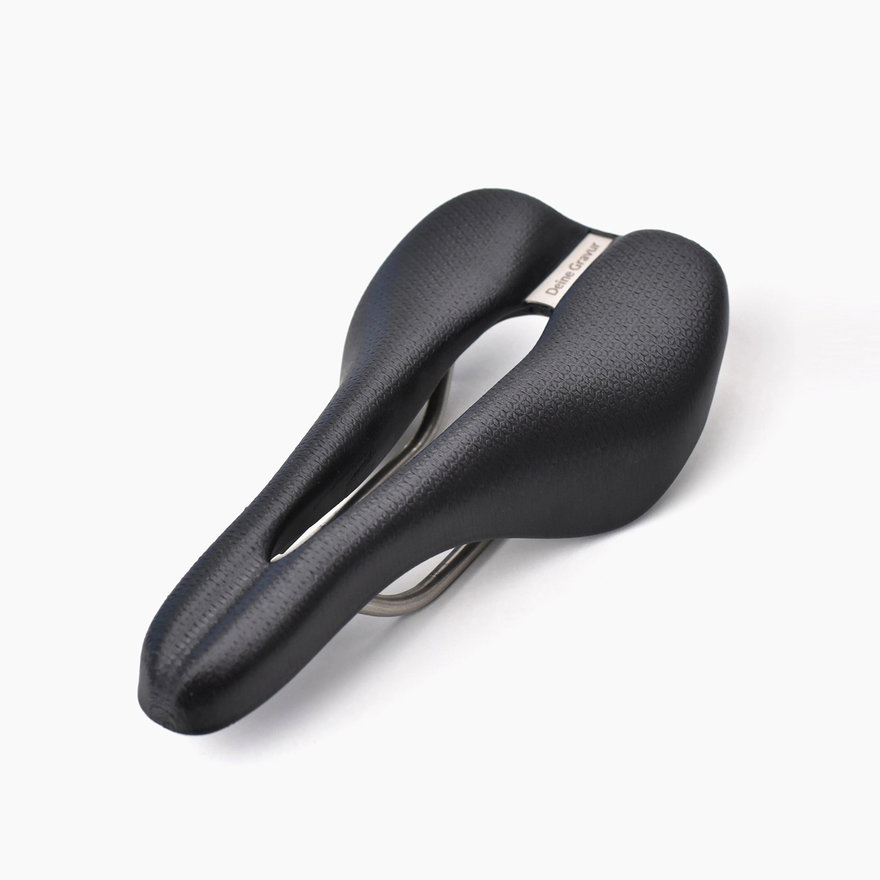
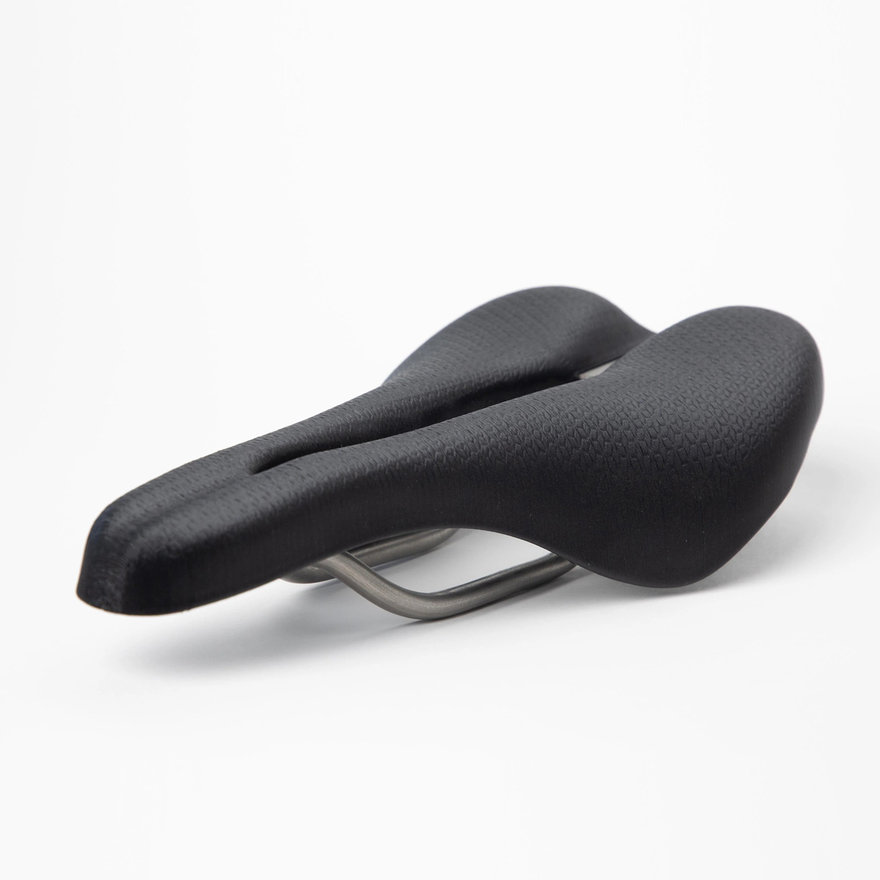
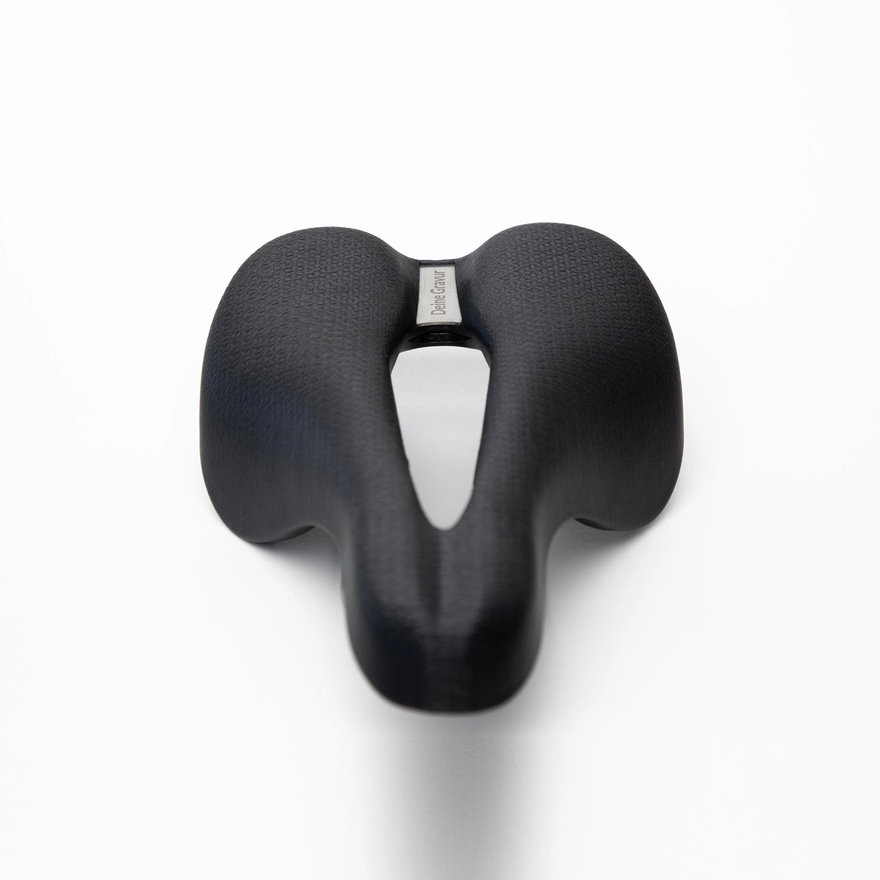
The company doesn’t actually 3D print a you-specific saddle; rather, they’ve designed 32 different saddle variants that they’ve determined will cover every ass. What the AI does is analyze, using “comprehensive logic,” which permutation is your perfect match.
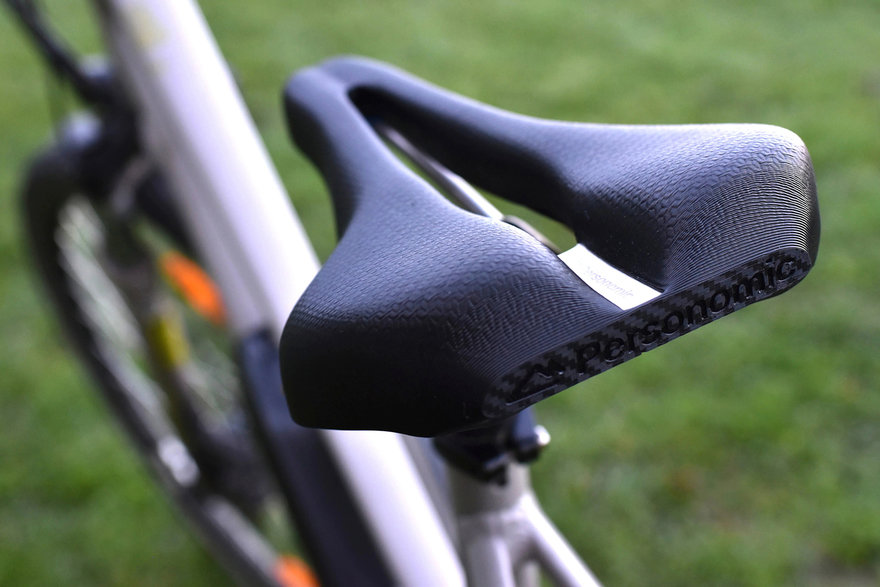
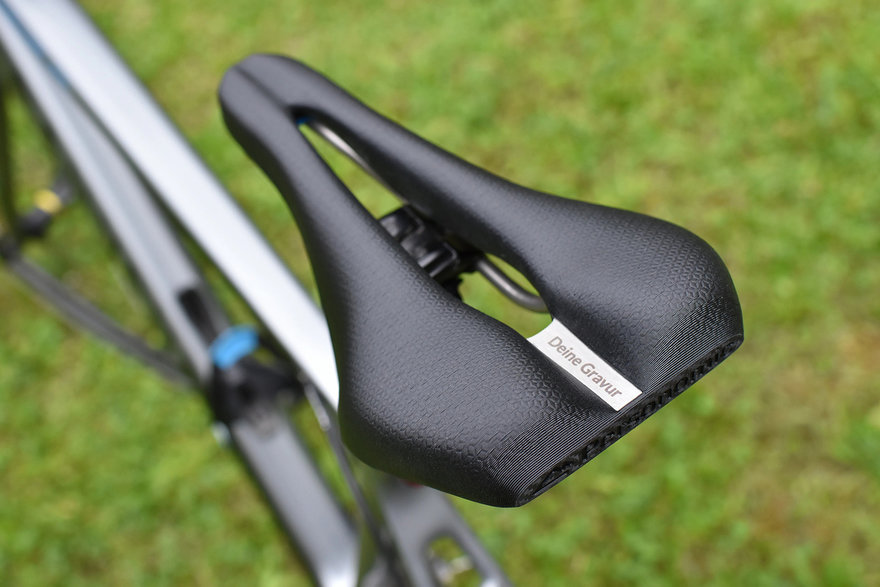
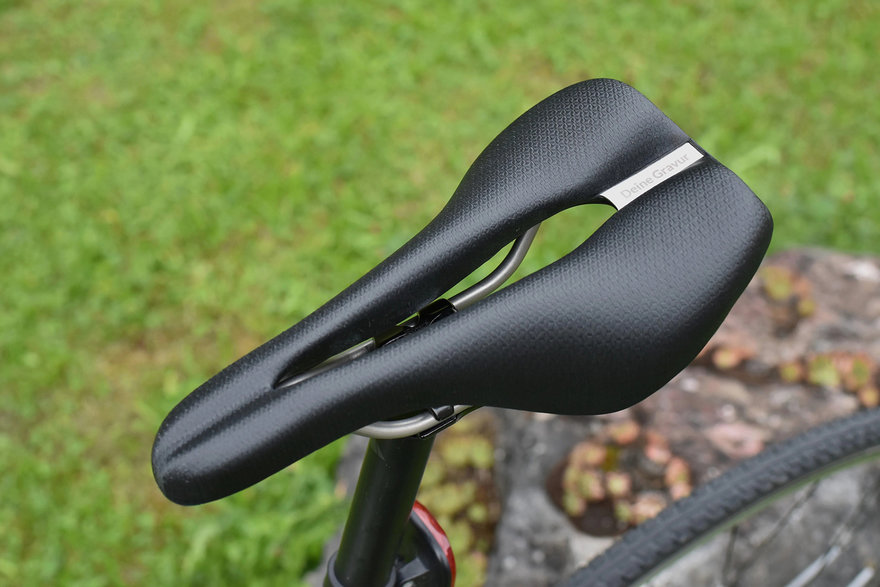
This approach is both a practical measure and, ultimately, more sustainable than printing an infinite amount of designs. “We’ve found that with 32 variations, the differences between saddles are so small that you can’t tell the difference from a custom-made saddle,” the company explains. “The 32 variations allow for a four-times faster delivery time and easy exchange if it doesn’t fit. With custom-made saddles, a returned saddle would have to be disposed of.” (We assume the nameplate is removable.)
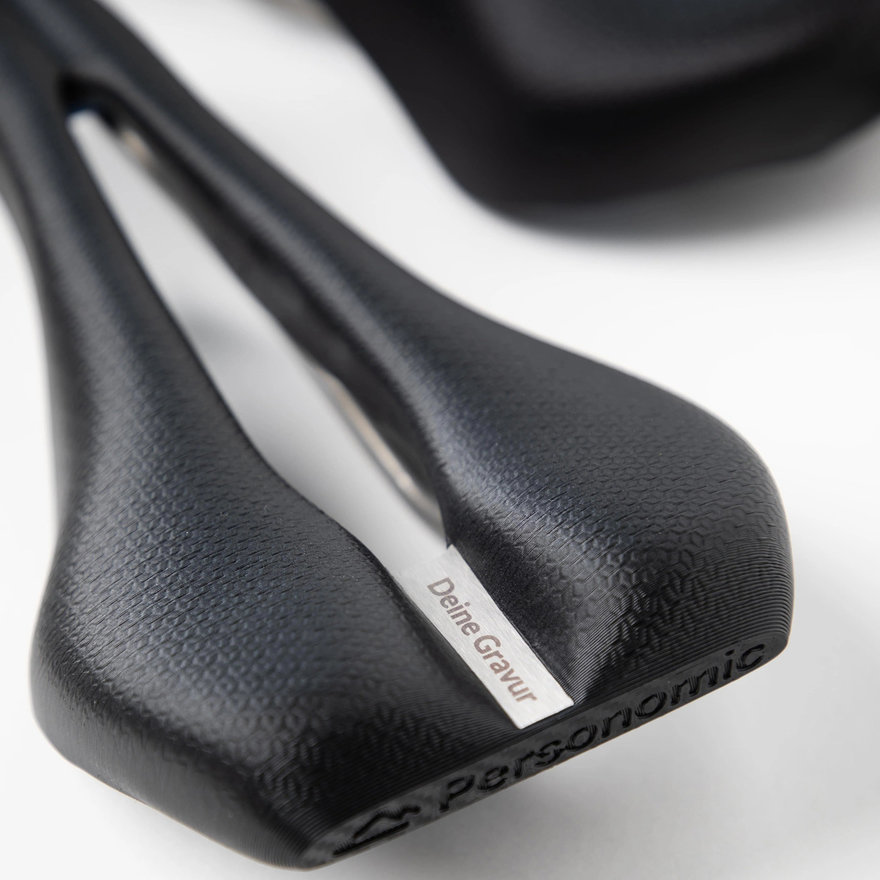
The $300 saddles appear to be Euro-market only.

